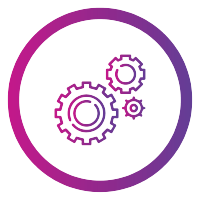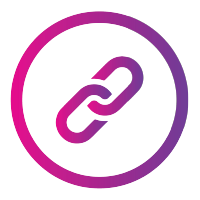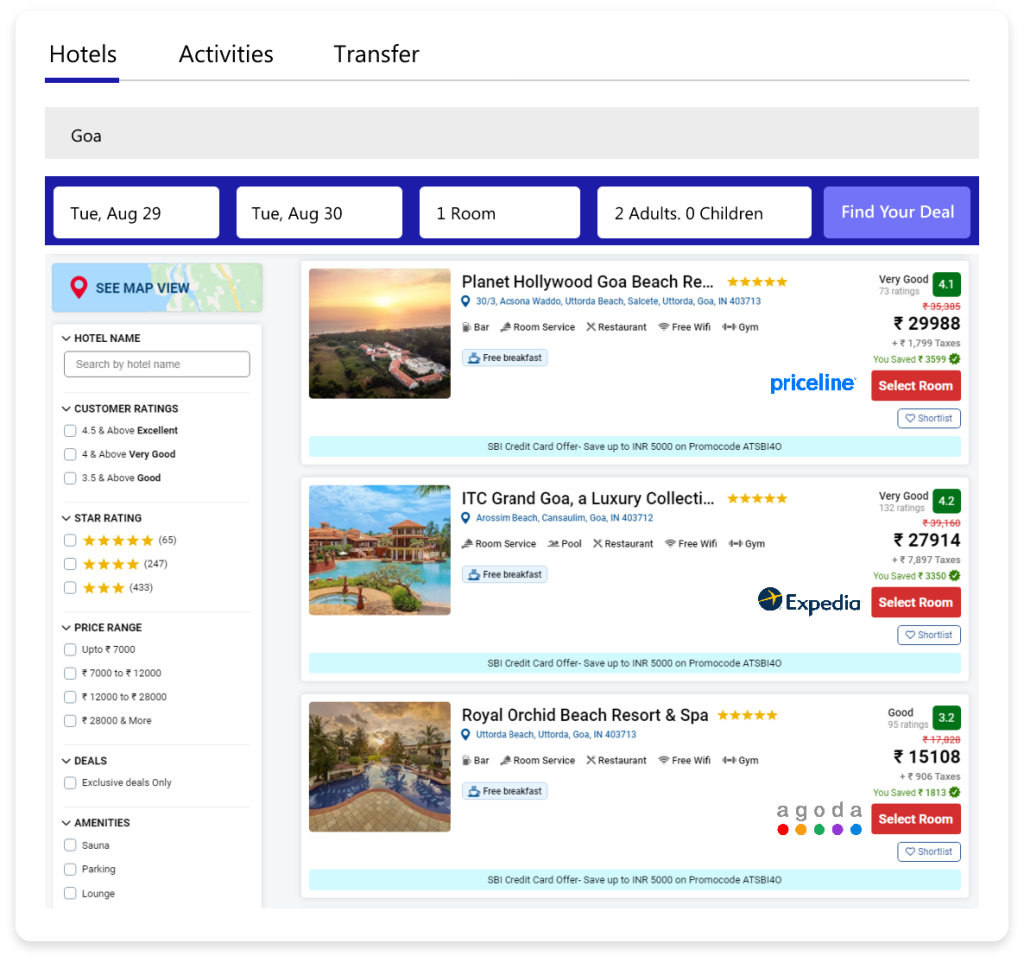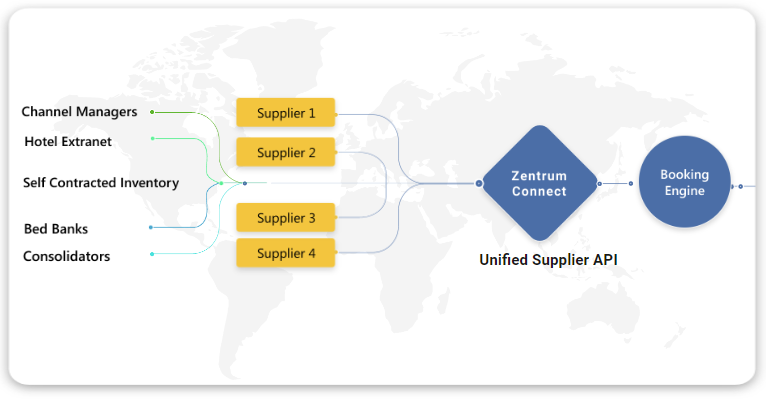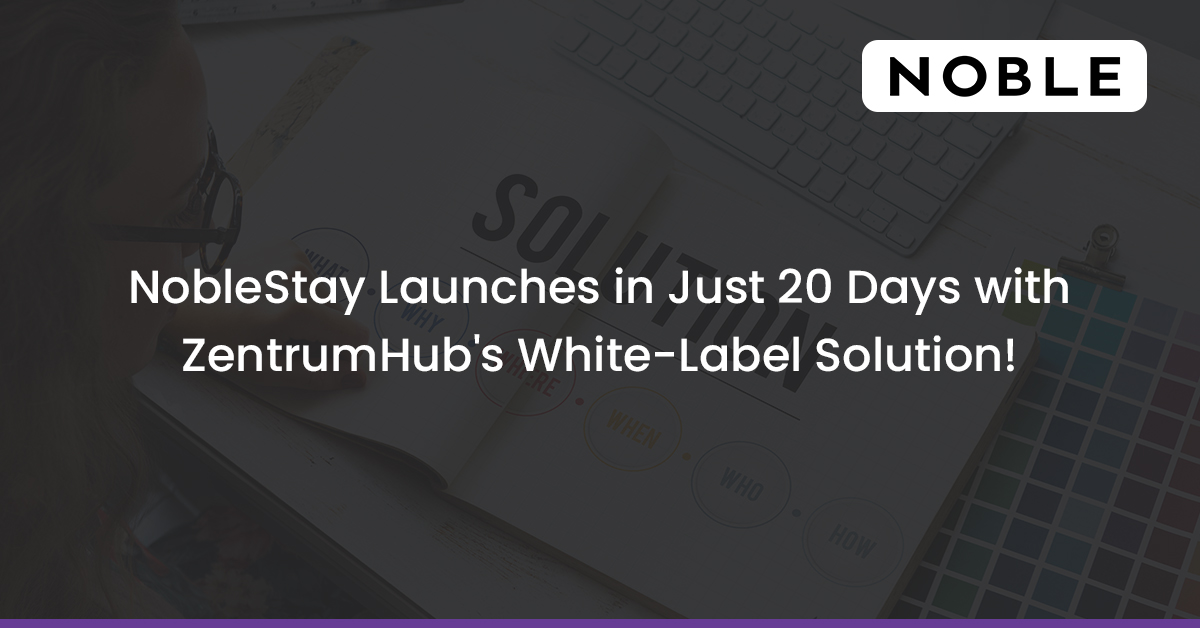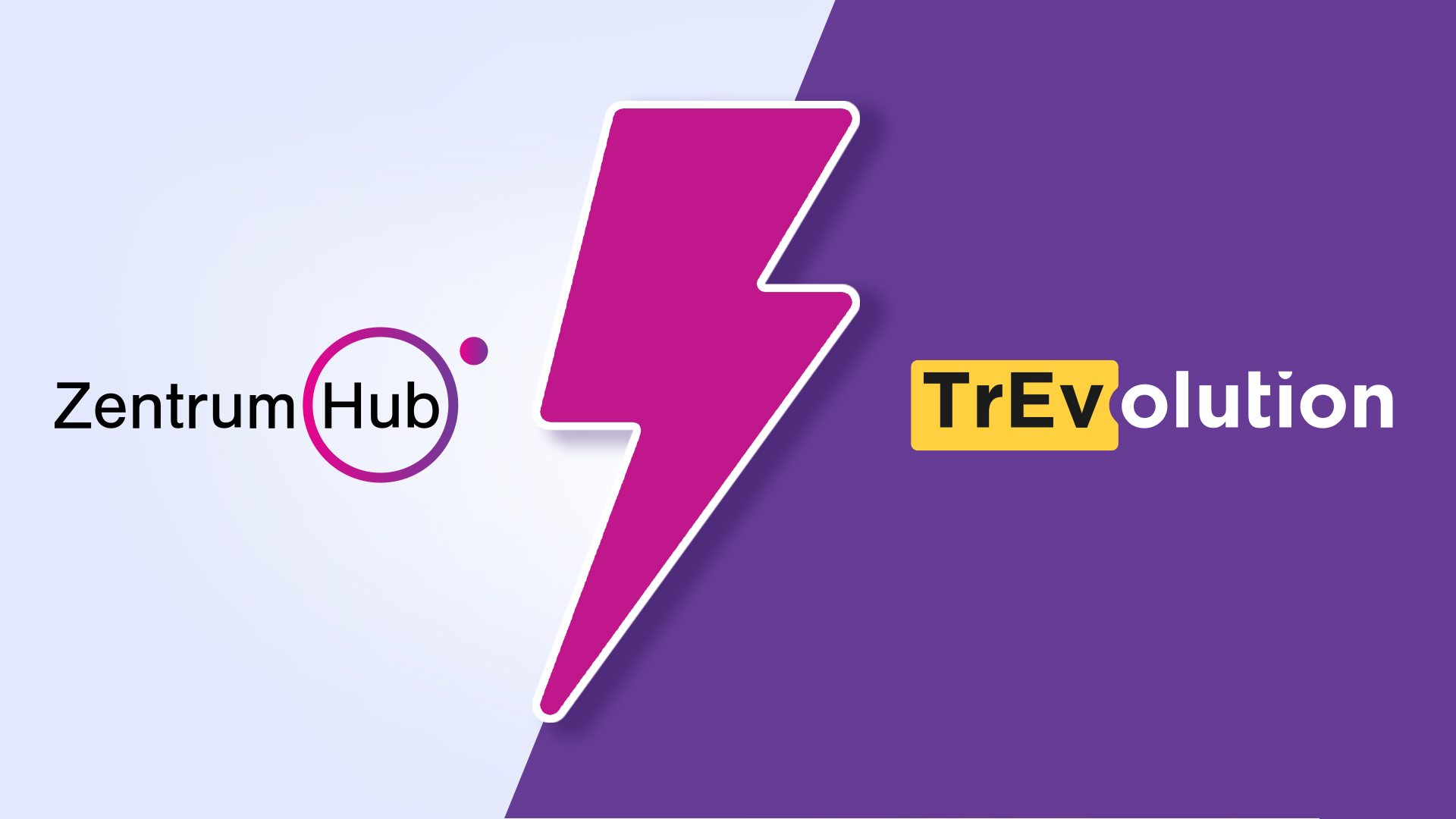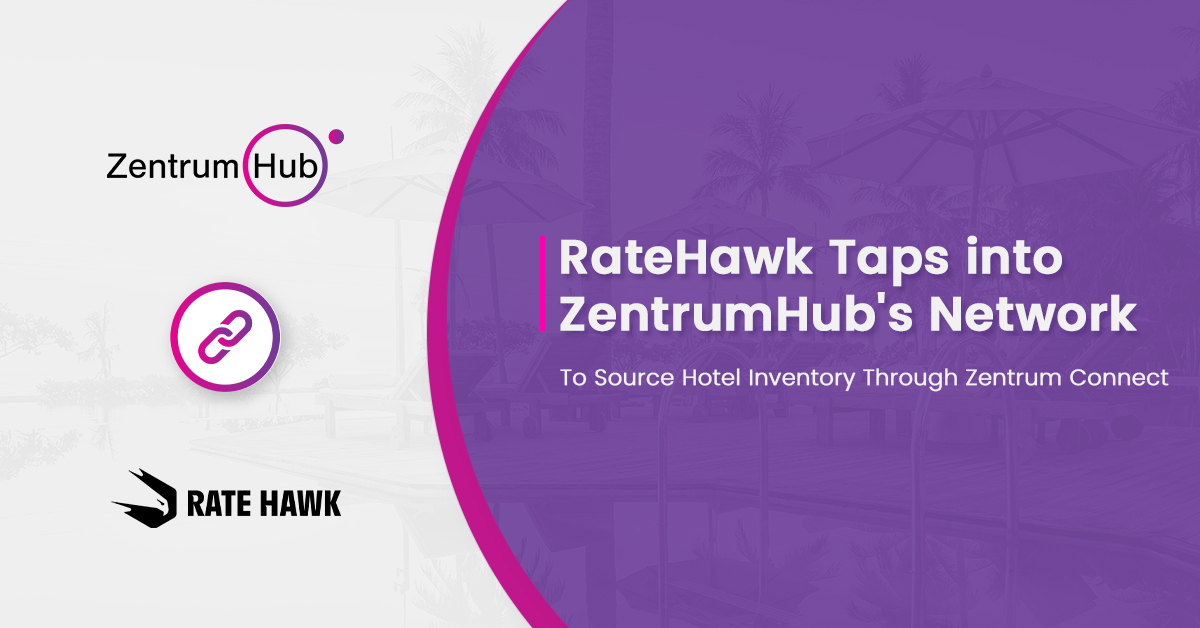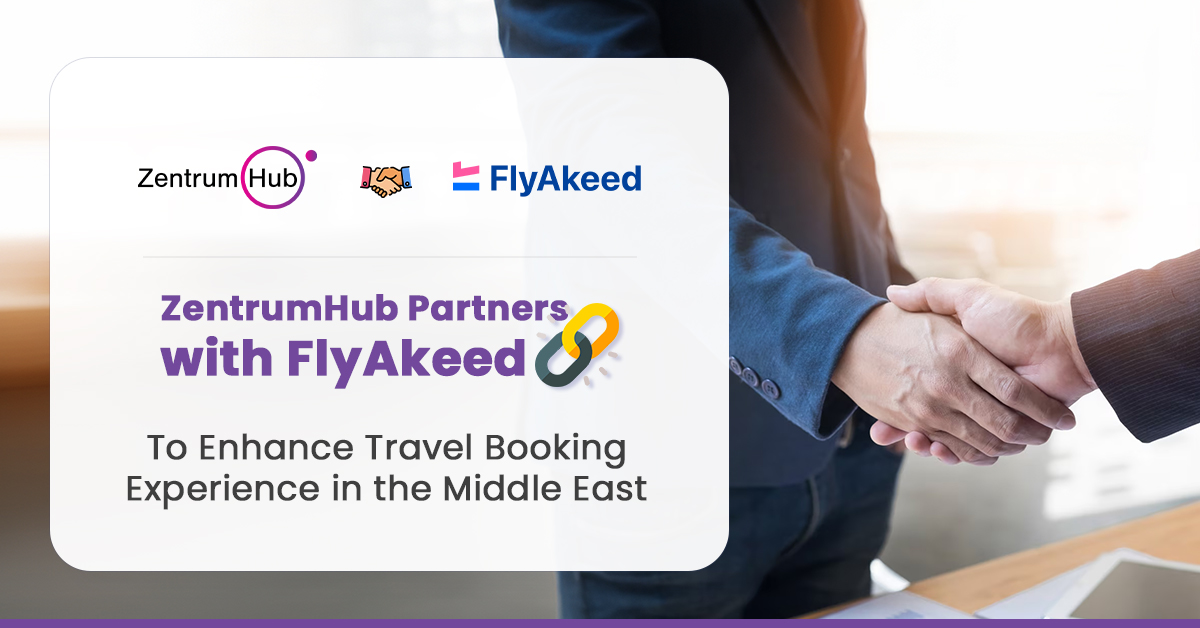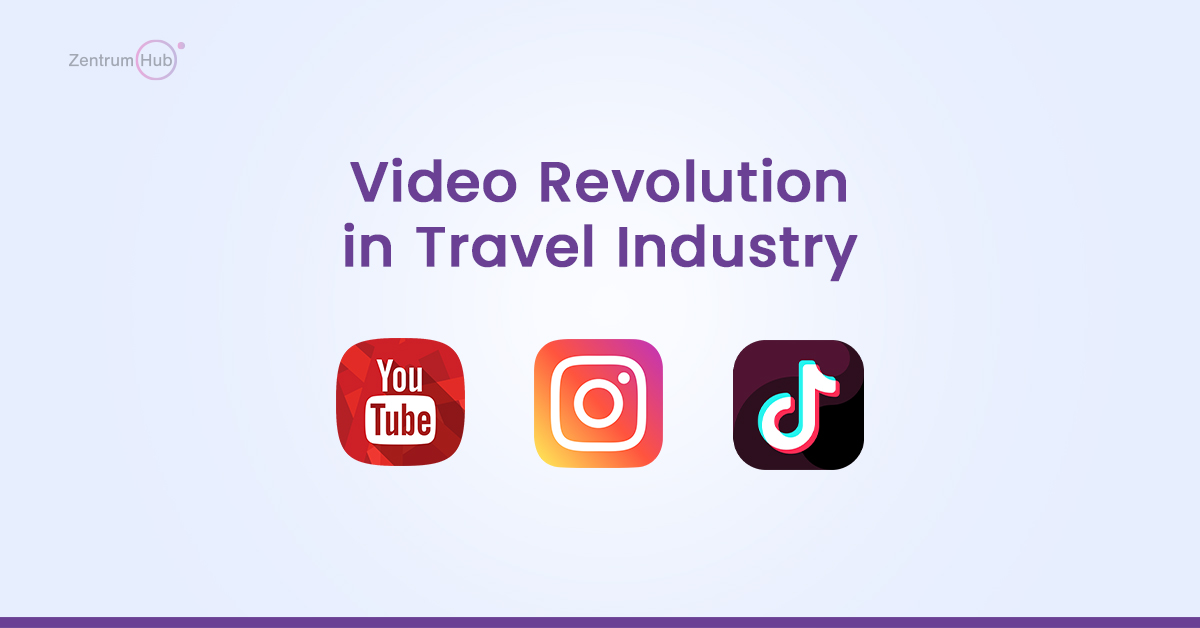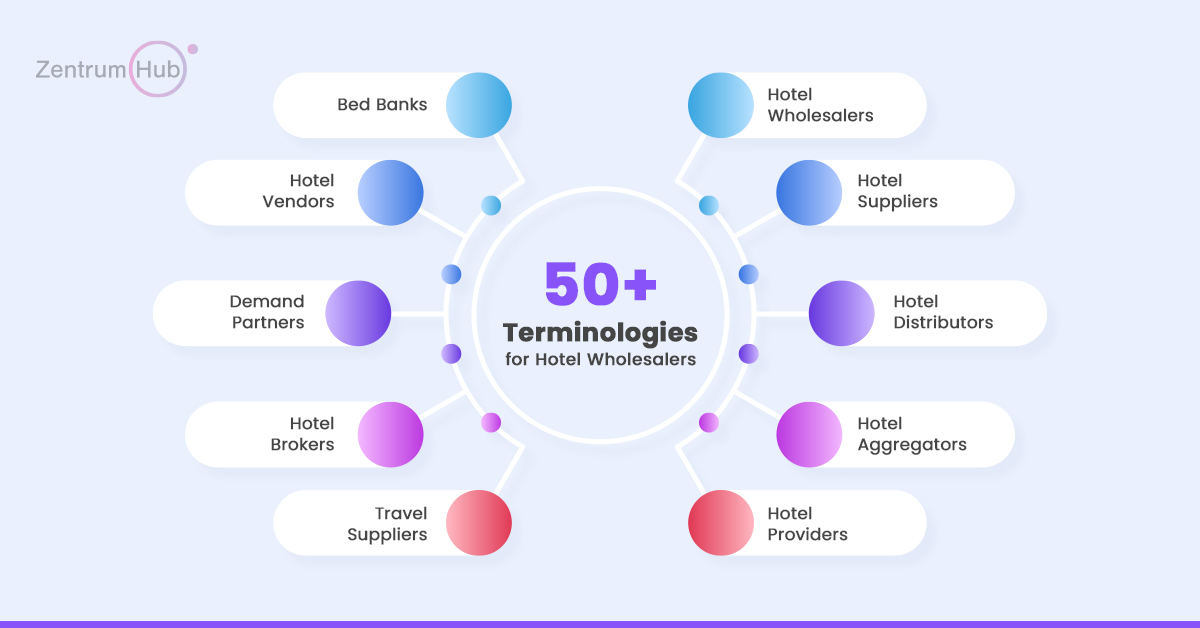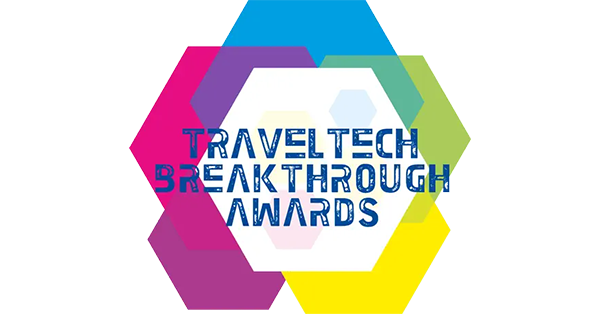Challenges in Hotel API Integration and How to Overcome Them
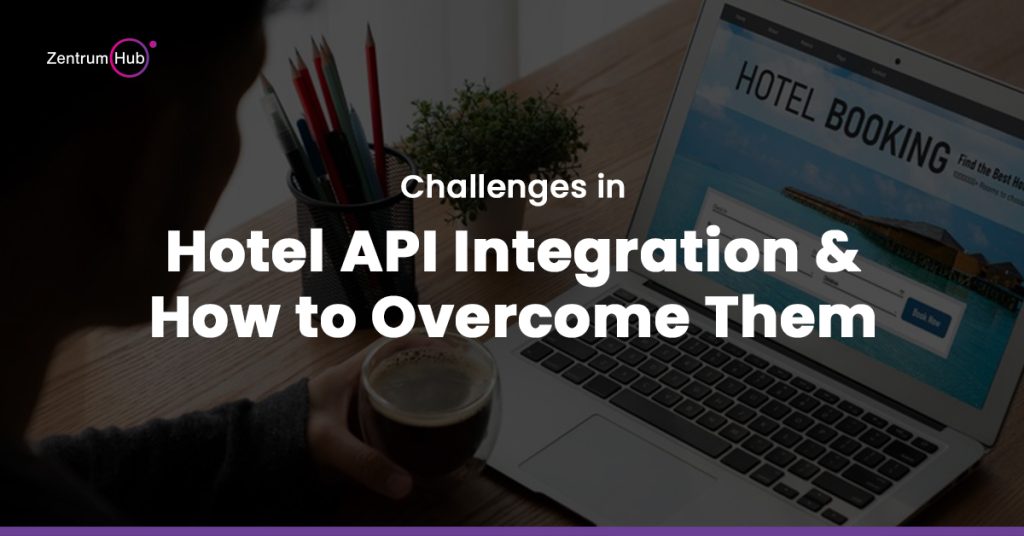
Challenges in Hotel API Integration and How to Overcome Them Overview Challenges & Solutions in Hotel API Integration Conclusion As the hotel industry becomes increasingly reliant on technology, API integrations have emerged as a cornerstone for seamless operations, particularly in managing bookings, pricing, and availability. Despite their significance, hotel API integration presents unique challenges. Addressing these obstacles is crucial for improving efficiency, guest satisfaction, and revenue. Let’s explore some of the most common challenges in hotel API integration and effective strategies to overcome them. Challenges & Solutions in Hotel API Integration 1. Data Synchronization Issues One of the common API issues in hotel operations is data synchronization across different platforms. Hotels rely on real-time data to manage room availability, pricing, and guest bookings. However, when APIs are not properly synced, this can lead to inconsistent information across the booking platforms, resulting in overbookings, pricing discrepancies, and a loss of trust from guests. How to Overcome: Real-time updates: Implement APIs that push real-time updates rather than periodic syncing. Error monitoring systems: Set up automated monitoring to detect synchronization issues immediately, ensuring faster resolution. Caching strategies: Use effective caching mechanisms to ensure data consistency, especially during peak booking periods. 2. Compatibility with Legacy Systems A significant hotel supplier integration problem is ensuring API compatibility with the hotel’s existing software infrastructure. Many hotels still operate on legacy systems that were not designed to integrate with modern APIs. This can create bottlenecks, especially when dealing with third-party services like OTAs (Online Travel Agencies). How to Overcome: Middleware solutions: Implement middleware that acts as a bridge between legacy systems and modern APIs, ensuring smooth data flow without needing to overhaul the entire system. Custom API development: If necessary, invest in custom APIs tailored to the specific architecture of older systems, making integration more seamless. 3. Inconsistent Data Formats Different hotel suppliers and OTAs often use varied data formats, which complicates integration. This inconsistency makes it difficult for systems to interpret information correctly, such as room rates, descriptions, or availability status, leading to errors. How to Overcome: Data standardization: Develop systems that can convert various data formats into a standardized one for your hotel’s internal system. Schema validation: Incorporate schema validation tools to ensure that incoming data is correctly formatted before it’s processed. 4. Security and Privacy Concerns APIs handle a significant amount of sensitive guest data, such as payment details and personal identification. Security breaches can not only lead to revenue loss but also damage the hotel’s reputation. One of the key challenges in hotel API integration is ensuring that the data exchanged between systems is secure. How to Overcome: Encryption protocols: Use end-to-end encryption for all data transmitted via APIs to prevent unauthorized access. Regular security audits: Conduct frequent security audits and vulnerability testing to identify potential security gaps in the API infrastructure. Compliance with standards: Ensure that APIs comply with global data security standards like PCI-DSS for payment information and GDPR for guest privacy. 5. Rate Parity and Pricing Accuracy Hotels often face challenges ensuring that their pricing stays consistent across multiple booking platforms. API integration issues can lead to delays or inaccuracies in rate updates, causing discrepancies that affect the hotel’s rate parity agreements with OTAs. How to Overcome: Automated rate management: Implement dynamic pricing algorithms through APIs that automatically adjust rates based on demand, ensuring uniformity across all platforms. Frequent data refreshes: Ensure frequent data refresh cycles to minimize the lag between rate updates across systems. 6. Scalability Issues As hotels grow or partner with more suppliers and OTAs, the complexity of managing multiple APIs increases. The system may struggle to keep up with demand, leading to slower response times and integration failures. How to Overcome: Modular architecture: Adopt a modular system design that allows you to scale integrations without affecting overall performance. Load balancing: Use load balancers to distribute traffic evenly across APIs, preventing system overload and ensuring faster response times during peak periods. Cloud-based APIs: Opt for cloud-based solutions that offer scalable infrastructure to handle increasing traffic without compromising on speed or efficiency. 7. Lack of Support and Documentation Poorly documented APIs can make integration a nightmare for development teams, resulting in delays or improperly functioning connections. This is especially true for third-party APIs from suppliers who may not provide sufficient support. How to Overcome: Vendor collaboration: Ensure close collaboration with API vendors and suppliers to gain access to detailed documentation and quick support when needed. API testing environments: Make use of sandbox environments provided by API vendors to test integrations before they go live. 8. Frequent API Changes APIs are often updated by vendors, and while updates can offer enhanced features or performance, they may also break existing integrations. Handling these common API issues requires proactive planning. How to Overcome: Version control: Ensure that you are using versioned APIs, which allow your system to continue functioning on older versions while new updates are being integrated. Monitoring updates: Keep track of scheduled API changes and updates by vendors and plan your development roadmap to accommodate these changes in advance. Want to Learn More? Check Out These Hotel API Blogs Travel API Comparison: 8 Factors for Selecting the Best One Why Do OTAs Need Travel API? Travel APIs: The Cost of Integration for OTAs Travel API Integration: Types, Pricing, Benefits & Timeline How Can Startups and OTAs Maximize Revenue with Hotel Booking APIs? How to Optimize Your Platform with Hotel API Integration? Complete Guide to Hotel API Integration: Costs, Benefits, Technical Challenges in Hotel API Integration and How to Overcome Them How to Choose the Best Hotel API Provider? Key Features to Evaluate Hotel API Integration Costs: Pricing Methods for OTAs Explained What is the Difference Between B2C and B2B Hotel Booking API? Role of Hotel Booking APIs in Hotel Booking Engine? Conclusion By addressing these hotel supplier integration problems through real-time updates, data standardization, security measures, and scalable solutions, hotels can unlock more efficient operations and enhance the guest experience. The key to overcoming these challenges in hotel
Role of AI in the Hospitality Industry: 2024 Trends
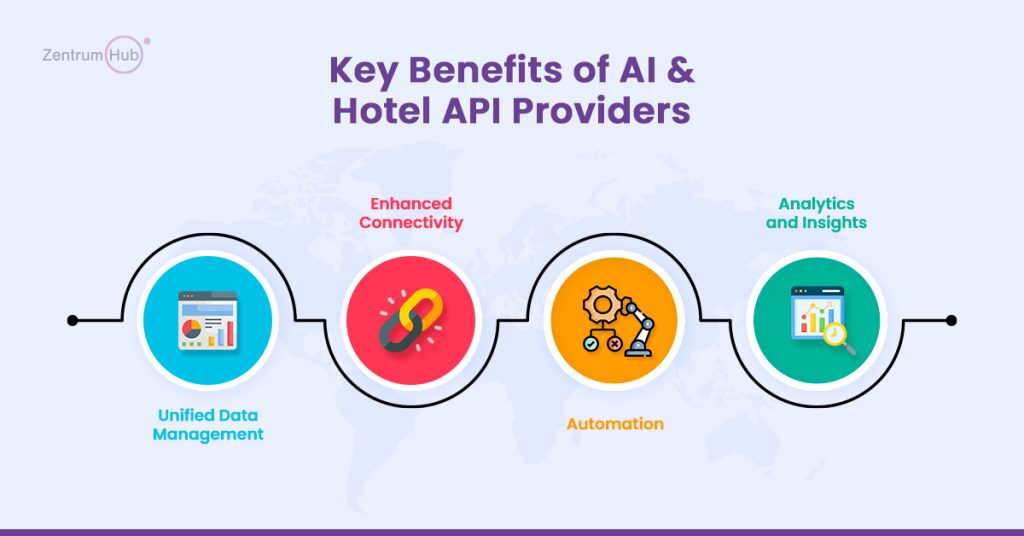
The Role of AI in the Hospitality Industry: 2024 Trends Overview AI-Powered Hotel Booking Engines Enhancing Guest Experiences with AI Chatbots and Virtual Assistants Streamlining Operations with AI & Hotel API Providers AI-Driven Revenue Management & Predictive Analytics The Future of AI in Hospitality: What to Expect in 2024 Conclusion Artificial Intelligence (AI) continues to revolutionize industries worldwide, and the hospitality sector is no exception. As we move into 2024, the integration of AI technologies in hotels and travel services is reshaping how customers experience their stay, book accommodations, and interact with brands. Whether it’s improving efficiency through a hotel booking engine or providing robust connectivity with a hotel API provider, AI is setting the stage for a smarter, more efficient future in hospitality. In this blog, we’ll explore the top ways AI is transforming the hospitality industry in 2024 and the key technologies driving this change. AI-Powered Hotel Booking Engines One of the most significant applications of AI in hospitality is the AI-powered hotel booking engine. These systems are no longer just basic tools for making reservations; they have evolved into intelligent systems that personalize the booking experience for each guest. Here’s how AI enhances hotel booking engines: Personalized Recommendations: AI analyzes customer preferences, browsing history, and even social media activity to recommend rooms and services that match individual preferences. Dynamic Pricing: Based on real-time demand, competitors’ rates, and guest behavior, AI-powered booking engines adjust prices dynamically, ensuring hotels remain competitive while maximizing revenue. Voice-Activated Bookings: Many booking engines now incorporate voice recognition, enabling guests to book rooms using virtual assistants like Siri or Alexa. This not only simplifies the process but also caters to a tech-savvy customer base. AI has made the hotel booking process faster, more accurate, and incredibly personalized. Guests can now find their ideal accommodations with just a few clicks, thanks to the advanced capabilities of AI-driven hotel booking engines. Enhancing Guest Experience with AI Chatbots and Virtual Assistants Customer service has always been crucial in the hospitality industry. AI has significantly improved this aspect through chatbots and virtual assistants. Hotels now deploy AI-driven chatbots on their websites and booking platforms to provide 24/7 customer support. These bots handle everything from answering common questions to processing bookings, offering personalized assistance to guests in real time. Key benefits include: Instant Customer Support: Guests can get immediate answers to questions, whether about room availability, amenities, or booking policies. Multilingual Support: AI chatbots can communicate in multiple languages, breaking down language barriers and expanding a hotel’s global reach. Upselling Services: These intelligent systems can upsell room upgrades, spa packages, and other hotel services based on the guest’s preferences and history. Virtual assistants in hotel rooms are also becoming increasingly popular, allowing guests to control the room environment, order room service, or request assistance via voice commands. Streamlining Operations with AI and Hotel API Providers Behind the scenes, AI is making hotel management more efficient through hotel API providers. These providers offer smoothintegration of various systems like property management, customer relationship management (CRM), and booking platforms. AI optimizes operations, reduces manual work, and improves data accuracy across all systems. Benefits of AI and Hotel API Providers: Unified Data Management: Hotel API providers centralize all the data, allowing hotels to manage bookings, guest preferences, and operations from a single platform. Enhanced Connectivity: APIs create a bridge between a hotel’s booking engine, payment systems, and other third-party services, ensuring smooth data flow and real-time updates. Automation: AI-powered automation reduces manual interventions, such as updating inventory or processing payments, saving time and minimizing errors. Analytics and Insights: With real-time data collection, AI provides actionable insights into guest behavior, market trends, and operational inefficiencies, allowing hoteliers to make more informed decisions. Incorporating AI in hotel APIs ensures that all systems work in harmony, offering both guests and hotel staff an effective and efficient experience. AI-Driven Revenue Management and Predictive Analytics Revenue management is a critical function in the hospitality industry, and AI is helping hotels make smarter decisions. By analyzing historical data, current market trends, and even external factors like weather and events, AI can predict demand more accurately and adjust prices accordingly. Key advantages of AI in revenue management: Dynamic Pricing Models: AI adjusts pricing in real-time based on a variety of factors, ensuring optimal room rates that maximize occupancy and revenue. Occupancy Forecasting: Hotels can predict occupancy rates more accurately, helping them plan for peak seasons or low-demand periods. Inventory Management: AI helps optimize room availability by predicting cancellations or no-shows, allowing hotels to overbook smartly without risking guest dissatisfaction. The integration of AI into revenue management systems, often through a hotel booking engine or hotel API provider, ensures that pricing strategies are as fluid and responsive as market conditions. The Future of AI in Hospitality: What to Expect in 2024 As we progress through 2024, AI adoption in the hospitality industry is set to expand even further. Here are some key trends to watch for: Hyper-Personalization: AI will become even more adept at delivering personalized experiences, from tailored room preferences to unique in-stay suggestions based on guest data. Robotic Assistance: We’re seeing the rise of robots handling tasks like room service delivery or cleaning. As AI improves, these robots will become more autonomous and efficient, reducing the need for human intervention in routine tasks. Augmented Reality (AR) and AI Collaboration: AI, combined with AR, could soon allow guests to take virtual tours of hotels before booking, visualize room configurations, or even try out different furniture layouts during their stay. Sustainability-Focused AI Solutions: AI can play a significant role in helping hotels become more eco-friendly by optimizing energy use, managing waste, and even suggesting sustainable options for guests. Conclusion The hospitality industry in 2024 is set to undergo a major transformation with the increased adoption of AI technologies. From enhancing the booking process with advanced hotel booking engines to improving operations through hotel API providers, AI is poised to redefine guest experiences and operational efficiency. As AI continues

